A rousing rendition of “You’ll Never Walk Alone” can be a highlight of the Liverpool match-going experience, but how did the song end up on the Kop?
In Liverpool, music and football have always gone hand in hand. From the Beatles sending a telegram to Bill Shankly prior to the club’s first FA Cup win in 1965, to John Power and Peter Hooton recording a version of Fields of Anfield Road in 2009, the link between them has always been a two-way street.
The rise of Merseybeat in the late 1950s coincided with the birth of two football sides which would win two league titles each during the next decade.
The success of Liverpool under Bill Shankly, and Everton under Harry Catterick, would come at a time when The Beatles redefined popular music.
Liverpool was a cultural hub, and football, thanks in part to Shankly’s oratory, transcended sport to become part of the arts, a form of socialism, and a religion.
If Anfield became Liverpool’s church, then “You’ll Never Walk Alone” is it’s greatest hymn.
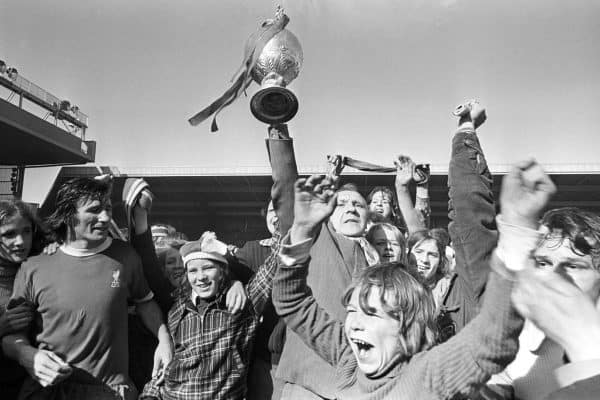
The song was written by Richard Rodgers and Oscar Hammerstein for their 1945 musical, Carousel. In the production, the lyrics, written by Hammerstein, were sung by the appropriately named character, Nettie Fowler.
Following its release on Broadway the song became a standard, and was picked up by numerous other singers and performers including Frank Sinatra and Elvis Presley, but it wasn’t until it received the Merseybeat treatment that it became a hit on the Kop.
Gerry and the Pacemakers released their version in October 1963. It reached number one in the charts at a time when the top ten was dominated by Liverpudlian groups.
The band had already secured number ones with their first two releases that year—“How Do You Do It” in April, followed by “I Like It” in June—while other local acts such as The Beatles, The Searchers, and Billy J Kramer also reached the top of the hit parade that year.

Anfield’s newly installed PA system would play the top ten before each game, and in doing so provided one of the earliest examples of pre-match entertainment.
These playlists became a celebration of Liverpool culture, such was the Merseybeat dominance of the charts, and this local connection encouraged the throngs on the Kop to sing along en masse.
“You’ll Never Walk Alone” will have had its first airing on the Kop during this time, and even as the song drifted out of the top ten, it remained a firm favourite on the terraces.
The songs sung during the 1963/64 season gained extra sentiment and importance, as Liverpool went on to win the first division for the first time since 1947, delivering the first major trophy under Shankly.
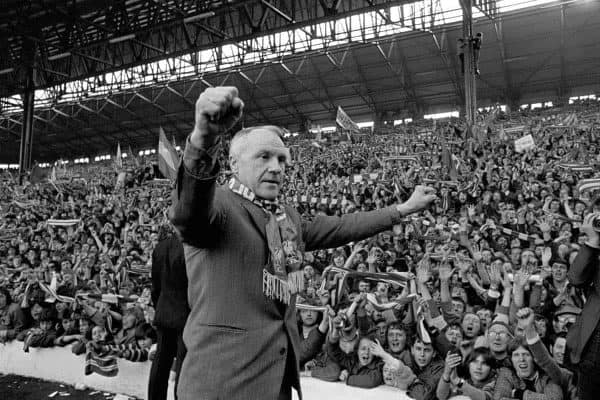
At the end of this triumphant season, the Reds travelled across the pond to play a few friendly matches in America. The tour coincided with Gerry and The Pacemakers’ two appearances on the Ed Sullivan Show in New York during May 1964, at a time when the football team also happened to be in the Big Apple.
“We were in New York doing The Ed Sullivan Show and the Liverpool team were playing around America,” recalled lead singer and guitarist, Gerry Marsden. “So I said to Ed, ‘there’s a soccer team here from England, called Liverpool, get them on stage and they’ll sing ‘Walk Alone’ with me.’
“So we got the whole team on the stage and we sung ‘Walk Alone’ on the Ed Sullivan show. Coming off Bill Shankly said to me, ‘Gerry my son, I have given you a football team, and you have given us a song.’”

By 1965 — the year of Liverpool’s first FA Cup win — it had become their “signature tune”, and the travelling Kop had begun to take their songbook on the road with them.
Kenneth Wolstenholme commented on “wonderful singing by the Anfield choir. Here for a day out” during his commentary on the FA Cup final against Leeds United at Wembley.
There were regular renditions of the song in the seasons which followed, and while it was often saved for important games, these came thick and fast during the next two decades as the club became successful in Europe. This increased success meant that the songs stuck, and “You’ll Never Walk Alone” was given a European tour.
As a result it was picked up by other clubs, and most famously by Celtic who enjoyed similar success north of the border, winning a European Cup and nine league titles between 1966 and 1974.
At this time being on the Kop would have been a similar experience to being in the middle of a large concert or festival crowd. The swaying from side to side and the repertoire of songs and chants, many of which remain to this day, added to the festival atmosphere.
The musical ups and downs of “You’ll Never Walk Alone”; from the quiet build up in the verse, the minor chords in the bridge, to the uplifting chorus, reflect the contrasting fortunes on the team on the football pitch. But the emotion in the song has led it to transcend football.
“I think it does give you that extra 10%, but it’s also what it can do for the opposition not just what it does for yourself,” commented Jamie Carragher in BT Sport’s Walk On film about the song.
“I think how the opposition feel walking out at Anfield hearing that song, and hopefully it takes 10% away from them, and that’s the part the supporters play.”
It’s a song of hope as well as one of celebration, and though it’s relatively complicated in terms of football chants and songs, it fits the rise of Liverpool in the 1960s and events since perfectly.
At Celtic it was adopted as a song of defiance as well as triumph, and it now holds the same values for Liverpool and the club’s supporters around the globe.
It was used to show support for the Hillsborough families, to remember the 96, and as a show of defiance against their deplorable treatment by the establishment and certain sections of the media.
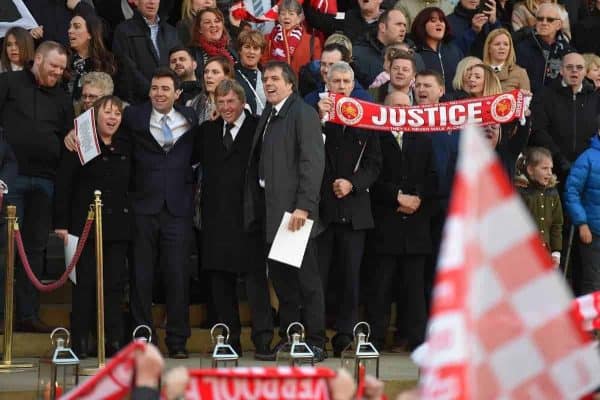
George Sephton has manned the PA at Anfield since 1971, and has continued the tradition of playing local bands along with various other songs from past and present.
The playback of “You’ll Never Walk Alone” over the tannoy has taken on considerations of its own, as George needs to take into account the timing of TV schedules and judge the mood of the crowd as he adjusts the volume dial to see how much support the fans need from Gerry and his Pacemakers.
While neither the club or the city’s music scene have hit the heights of the sixties, seventies, or eighties in recent years, Sephton has a knack for finding the right songs and made sure that popular music continues to play a part in match-going culture.
From local bands such as Cast and the Tea Street Band, to appropriate gestures such as an airing for German band Rammstein shortly after Jurgen Klopp‘s arrival, the music still has a part to play.
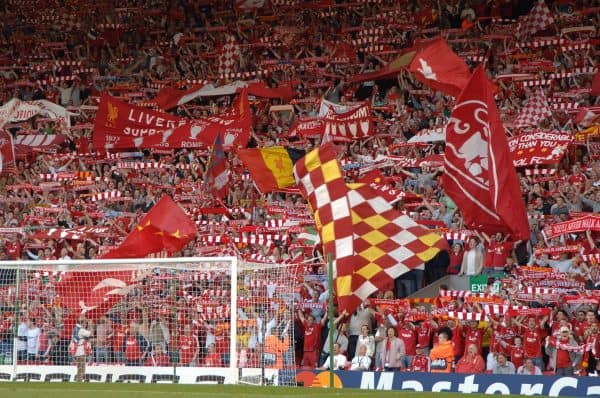
Some of the best renditions of YNWA (as it’s become known in the age of the hashtag) in recent memory occurred in 2016, when the club embarked on a dramatic journey to the Europa League final under Klopp.
The half-time performance of the song at the Ataturk Stadium, Istanbul in the 2005 Champions League final will go down in history, with Steven Gerrard commenting that “it was probably the loudest and most emotional rendition I’ve ever heard as a player.”
On its day the Kop Choir singing “You’ll Never Walk Alone” is still a powerful and emotive event, and one which continues to give the new look Anfield the extra 10% Carragher spoke of.

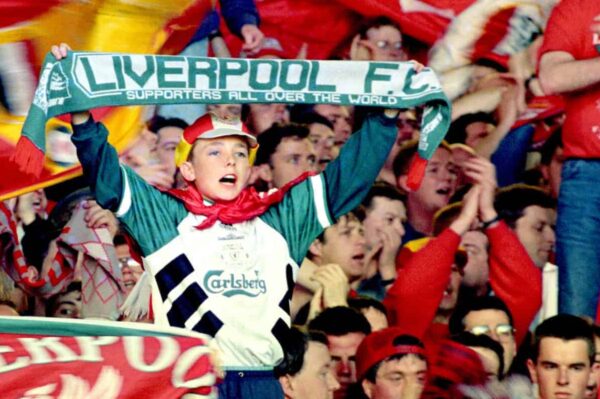
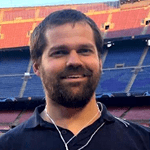
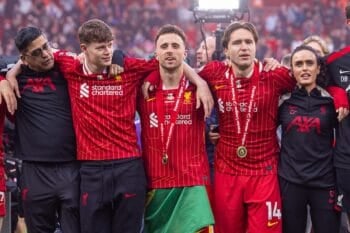
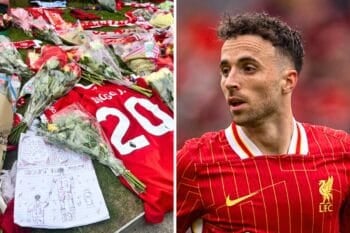


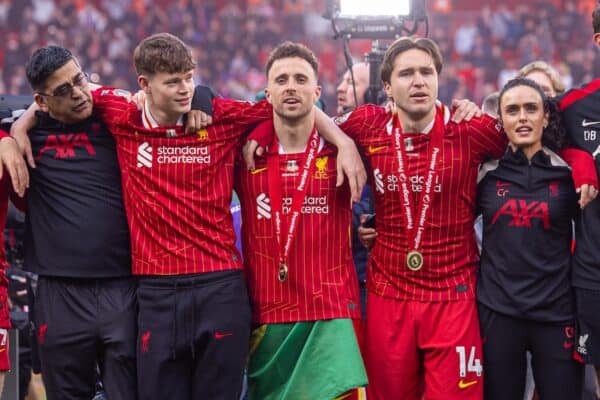
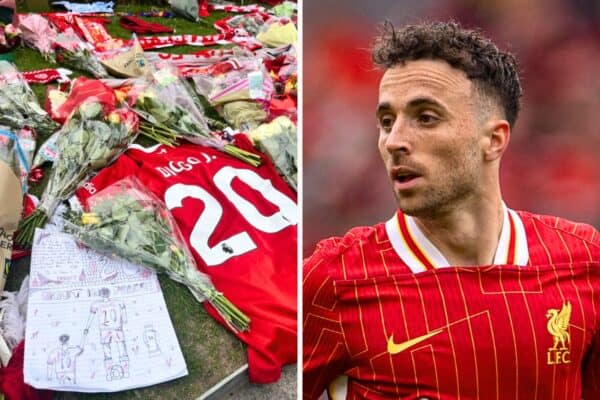
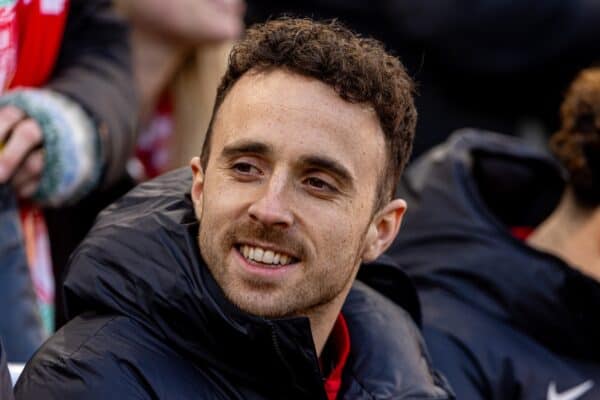

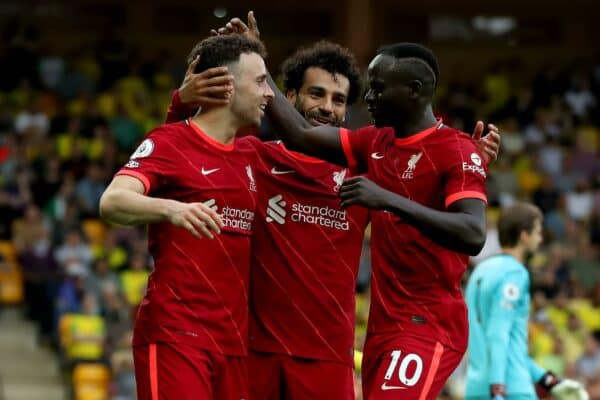
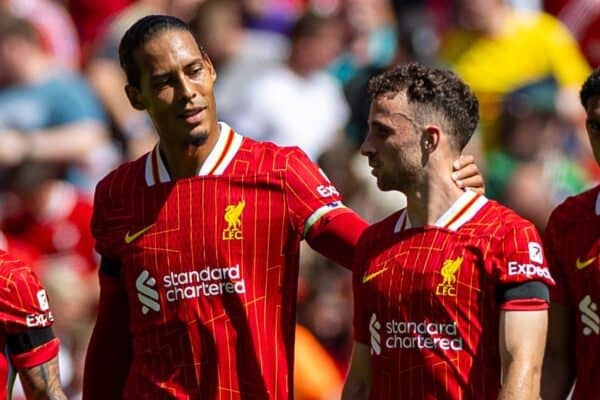
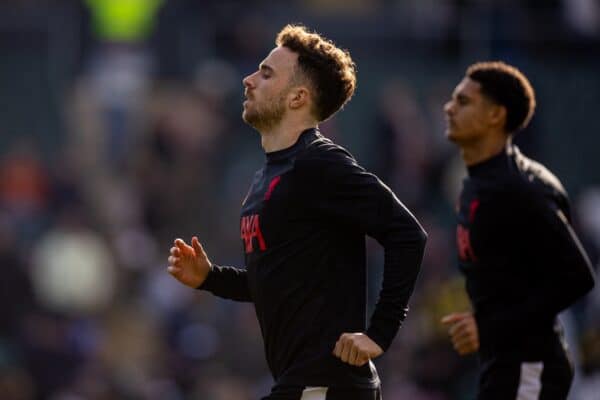
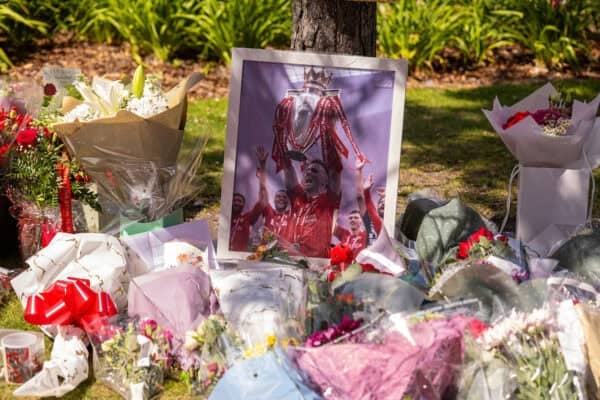



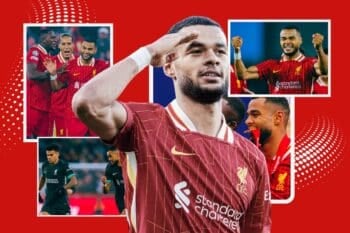
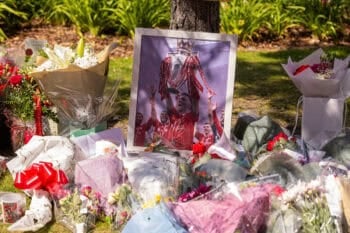
Fan Comments